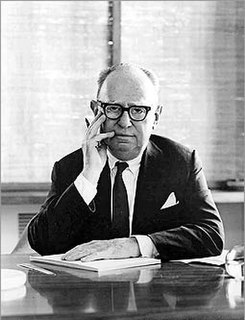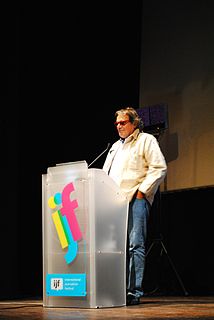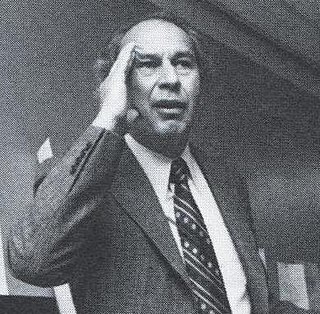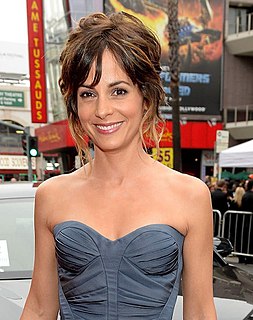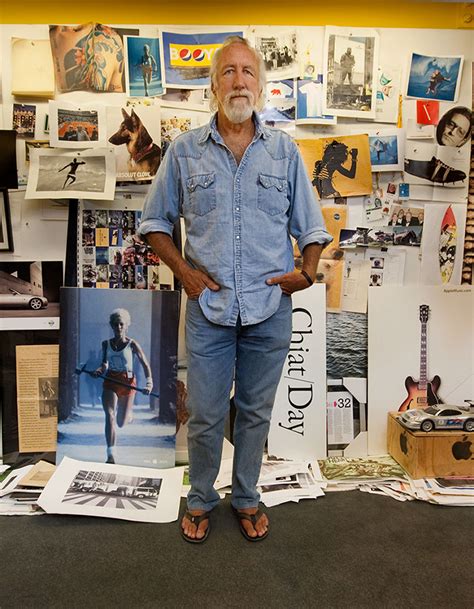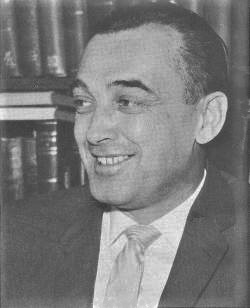A Quote by Terry Gilliam
In advertising, I was frustrated by having to deal with the client. It was the only time I really worked in a proper office, and I didn't like it-simple as that.
Related Quotes
Advertising agencies don't care about a better world in the end. They are servants of their client: what the client wants is what they get. Their only problem is to not lose the budget. I think its a shame because advertising is so boring and it can be so interesting. They should ask more artists to make interesting campaigns.
The counsel on public relations is not an advertising man but he advocates for advertising where that is indicated. Very often he is called in by an advertising agency to supplement its work on behalf of a client. His work and that of the advertising agency do not conflict with or duplicate each other.
My dad was always such a frustrated artist. He always worked very hard to support his family, doing a bunch of ridiculous jobs. He wanted to be a painter, but then he also wrote science-fiction novels in his spare time. He was always so frustrated having to work to support the family that I was like, I'm never going to do that. I don't want to just be working a menial job to support my family and dreaming of being an artist. We learn from our fathers in that way.
So that’s our approach. Very simple, and we’re really shooting for Museum of Modern Art quality. The way we’re running the company, the product design, the advertising, it all comes down to this: Let’s make it simple. Really simple.” Apple’s design mantra would remain the one featured on its first brochure: “Simplicity is the ultimate sophistication.

